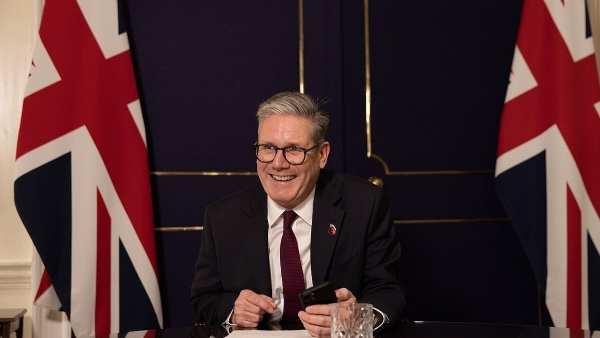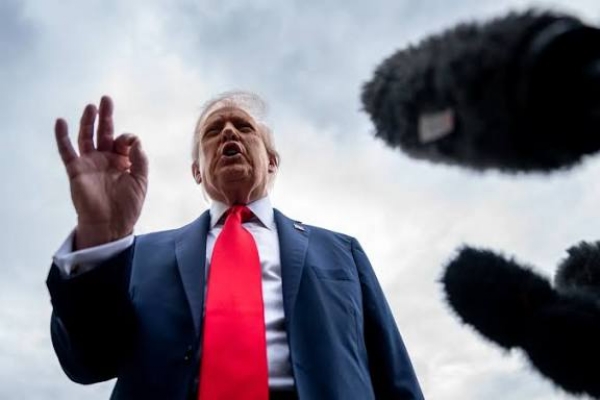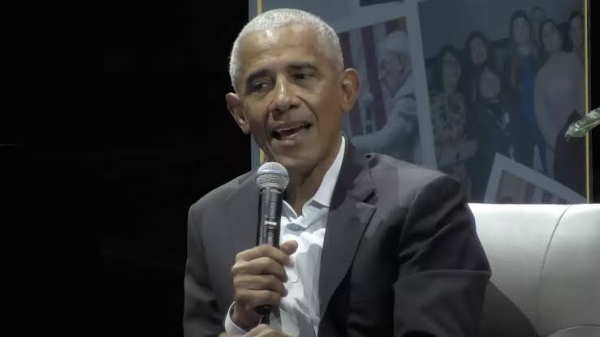
Washington/London, 15 September (H.S.): The United Kingdom and United States are poised to sign a sweeping nuclear energy agreement during President Donald Trump’s state visit this week, launching what both governments are hailing as a “golden age of nuclear” innovation and investment. The Atlantic Partnership for Advanced Nuclear Energy is designed to dramatically accelerate the development of next-generation nuclear plants, streamline regulatory approvals, and unlock tens of billions in private capital across both nations.
Prime Minister Sir Keir Starmer declared the deal would position the UK and US “at the forefront of global innovation,” with Energy Secretary Ed Miliband emphasizing that nuclear energy would “power our homes with clean, homegrown energy” while delivering high-skilled, well-paid jobs. US Energy Secretary Chris Wright characterized the initiative as a “nuclear renaissance,” critical for meeting soaring energy demand—especially from artificial intelligence and data infrastructure—and for bolstering energy security.
The partnership’s most immediate impact will be felt in Hartlepool, where US firm X-Energy and Britain’s Centrica plan to build up to 12 advanced modular reactors, capable of powering 1.5 million homes and creating 2,500 new jobs. The broader program is valued at up to £40 billion, with £12 billion earmarked for the north-east of England alone.
Further projects include a micro modular reactor at London Gateway port—backed by £80 million in private investment—and the transformation of Nottinghamshire’s former Cottam coal plant into a nuclear-powered data centre hub, a £11 billion venture expected to generate thousands of construction and operations jobs.
The agreement also slashes nuclear project licensing times from up to four years to just two, and includes commitments to deepen UK-US commercial collaboration, advance fusion energy research, and end reliance on Russian nuclear material by 2028.
This nuclear push comes as the UK seeks to reverse a decades-long decline in atomic energy’s share of national electricity generation—from 25% in the 1990s to about 15% today—and to deliver on its pledge, alongside 30 other nations, to triple global nuclear capacity by 2050. The government has already secured private investment for the Sizewell C power station in Suffolk and is backing Rolls-Royce’s development of Britain’s first small modular reactors.
The Atlantic Partnership for Advanced Nuclear Energy marks a decisive step in the UK’s bid to reclaim its place among the world’s nuclear leaders, while offering a coordinated Anglo-American response to the dual challenges of climate change and energy security.
Hindusthan Samachar / Jun Sarkar





